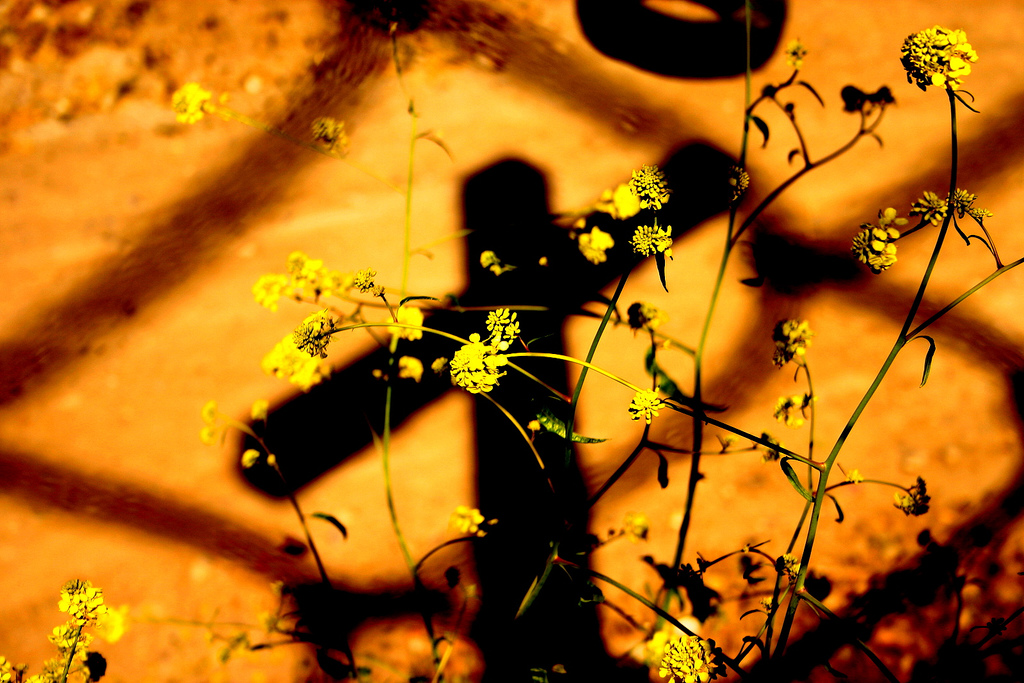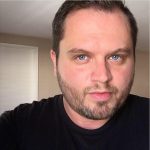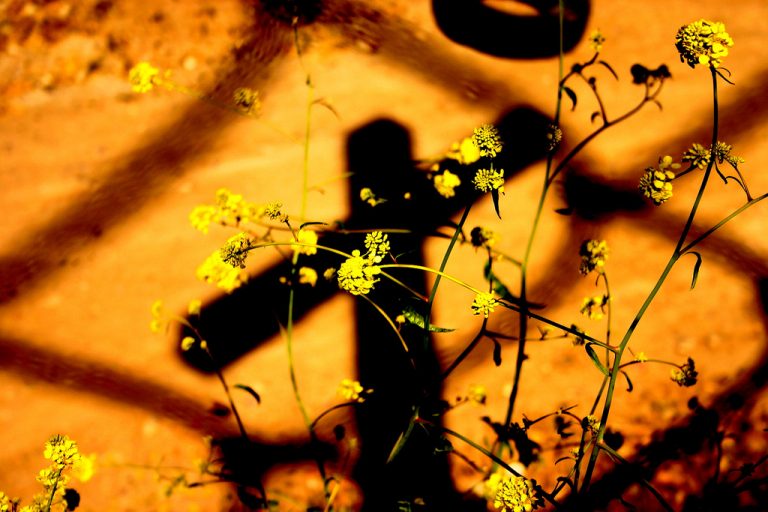
I grew up in the Evangelical Church. From moment I was a baby, I was in church every time the doors were open. We were taught about God’s love and grace ever since I could remember, but also that God was a God of holiness and wrath. You see, we could not talk about God’s love without also talking about his wrath.
From a very young age, I sensed that there was something different about me; I didn’t feel like I quite fit in with the other boys. When I hit puberty, that’s when I knew that there was something horribly different about me — something utterly sinful, something to be ashamed about, something that would cause a great amount of anxiety and trauma in my life. I was gay.
I was gay, but I wasn’t supposed to “claim that as my identity.” To refer to myself as gay was to align myself with my sin nature, and I wasn’t supposed to do that since I was a new creation in Christ. I learned as a young pre-teen that I was an abomination before God, but there was somehow the hope of salvation for me.
What did that hope look like?
I had two options to be obedient before the Lord. The first, I could get some counseling and maybe God would give me natural desires for a woman. There were others who were supposedly successful — the Evangelical Church lifted them up as shining examples that change and healing were possible. (Many of these ex-gay leaders would go on to later divorce their spouses and eventually admit that they had never changed. Several of them would also go on to form longterm relationships with people of the same sex. But they weren’t spoken of, and when they were, they were demonized as people who had fallen away from the faith.)
The other option was a lifetime of celibacy. After all, this was my thorn in the flesh, and maybe God would never remove it from me. Maybe this “struggle” was predestined for me as a way that I would draw near to God and stay near to God throughout my lifetime.
If a gay person didn’t follow these two options set before them, well then they were shaking their fists at God. They were following the broad road that leads to destruction. They were living a “lifestyle” that would certainly lead them to the eternal flames of Hell.
These teachings, which I believed because I heard them taught over and over again, riddled my whole being with fear, anxiety, depression, and disillusion. I could never see myself loving a woman as a heterosexual man could, even though I believed that God was capable of the miraculous. After all, I had prayed for years, read some books by various ex-gay authors, and even received some counseling throughout Bible college, yet I never received any healing. If my only option was celibacy, I thought that maybe I could do it. Maybe with God’s help and with the help of the Church community, I could stick it out.
But as the years went on and I saw my friends married off one-by-one, I started feeling more lonely. I started wondering what would become of me as I grew older. I started to wonder who would be there if I would ever struck down with illness … and who would hold my hand, sing to me, whisper their love to me, and kiss my face as I lay dying?
Jesus said that his yoke was easy and that his burdens were light, and if we believed and followed him that we would find an abundant life, that rivers of living water would flow from within us and that we would never thirst again. So why couldn’t this be true for me? Why didn’t it seem to be true for any LGBTQ people within the conservative Church? If I was following good teachings, why wasn’t I — why weren’t we — producing good fruit? Why were we depressed, addicted, and suicidal in elevated rates, compared to the general population?
The Church’s teachings brought me to a place of despair. They drove me to alcohol, as a way to self-medicate, and temporarily forget my problems. Struggles of addiction are common for many of us who grew up in religious, non-affirming environments. When I formed a longterm relationship with another man, I brought my problems into our relationship. When we had sex, I felt dirty. I always felt like I was living in sin, but didn’t feel like there way any other practical, life-giving option. He even asked me about marriage, but I felt like I couldn’t bring myself to that, as I felt it would be the last straw with God. We had no support from the conservative Church, but I also feared stepping into an LGBTQ-affirming church, as I was always taught that they were ultra-liberals who threw away the Bible to fit their own agenda. Yet I didn’t want to be alone. I didn’t want to grow old alone, so I chose to stay with my partner, through all of this internal conflict. Thankfully, he was a very patient and forgiving man.
My struggles with the Church and with my faith and sexuality lasted for many years. Even though I have found an affirming community and a new way to understand Scripture, I can still feel the lasting effects of my experiences with the Evangelical Church and it’s negative teachings about LGBTQ issues. I have scars. I’m still a bit haunted.
But it’s also given me new purpose. I will do everything that I can to make sure that the next generation doesn’t have to experience what I experienced growing up in the Church, and that hopefully they will know a God and a community that loves them and accepts them fully.
photo credit: Ricky Norris, cc.
[box type=”bio”]
 ROBERT LOFGREN is a gay Christian who wrestled with his faith and his sexuality and found peace. He strives to love Christ and to show His love for all people. Robert is an advocate for LGBTQ rights and building bridges between the two communities to which he belongs and is so passionate about — the LGBTQ community and the Church.
ROBERT LOFGREN is a gay Christian who wrestled with his faith and his sexuality and found peace. He strives to love Christ and to show His love for all people. Robert is an advocate for LGBTQ rights and building bridges between the two communities to which he belongs and is so passionate about — the LGBTQ community and the Church.
Robert lives in Orange County, CA, and is active on social media discussing LGBTQ Christian issues.
[/box]



